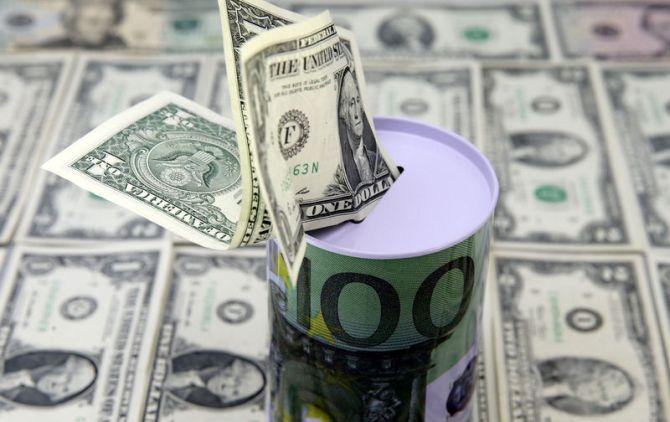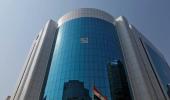The pandemic has led to the International Finance Corporation massively ramping up its impact investment in the country - its largest client nation globally - at $1.7 billion as of June, a 51 per cent rise over the past 12 months, the largest developmental lender into third world private sector said on Tuesday.

This is nearly half of its investment in the whole of South Asia since the pandemic, which touched $3.8 billion as of June 2021, it said.
"Our total commitment to India, which is our largest client country globally, at the end of June stood at $1.7 billion representing an increase of over 51 per cent from last year," IFC vice-president for Asia and the Pacific region Alfonso Garcia Mora said in a statement.
Since the pandemic that began inflicting the world since March 2020, the IFC has been focusing on sustainable investments in South Asia in its bid to protect the most vulnerable people and help companies maintain operations and jobs.
Its effort included supporting medical facilities, vaccines supplies, and to also hard-hit micro, small, and medium enterprises while also spurring investments in renewable energy, affordable housing, and distressed assets resolution in the region.
Since the onset of the pandemic that has created massive social and economic disruptions, IFC has committed over $3.8 billion, including mobilisation and short-term finance, in South Asia as of June 2021, resulting in a record investment volume of over $14.9 billion in the last five years in the region, towards a green, inclusive, and resilient recovery, Mora said.
The pandemic has drastically impacted the private sector in the region, severely affecting the most vulnerable people in the region, Mora said and noted that the viral infection has laid bare the region's existing vulnerabilities in the financial sector, disrupting businesses, particularly small businesses, and leaving so many people exposed.
The total investment of $3.8 billion, $590 million are committed towards Covid response deals in South Asia and there additional deals worth over $100 million in the pipeline.
Further, IFC has committed $353 million in climate finance and $490 million in international development association/fragile and conflict-affected situations countries in the region.
IFC has already provided financing and advisory support for producing critical pharmaceutical products and medical equipment such as personal protective equipment and vaccines, he said, adding and going forward it will further focus on providing the much-needed liquidity to private sector to help them maintain operations, preserve/create jobs.
The impact of the pandemic coupled with the region's vulnerability to climate change, has highlighted the need for a collaborative, resilient and climate friendly recovery that can withstand future shocks, said its new regional director for South Asia, Hector Gomez Ang.
While South Asia is one of the fastest growing regions in the world, estimates suggest that climate impacts could reduce its annual GDP by an average of 1.8 per cent by 2050, rising to 8.8 percent by 2100 if the region failed to take adequate corrective measures.
The region is also estimated to have an untapped climate investment potential of $3.4 trillion by 2030, Ang said.
It can be recalled that under the World Bank Group's climate change action plan (2021-25), the IFC is committed to aligning all new real sector operations with the objectives of the Paris Agreement by July 1, 2025 and has set a target of reaching 35 per cent financing for climate on average over the next five years.
IFC is the largest global development institution focused on the private sector in emerging markets and works in over 100 countries.
In fiscal 2020, it invested $22 billion in private companies and financial institutions in its focus markets.
Photograph: Reuters












 © 2025
© 2025